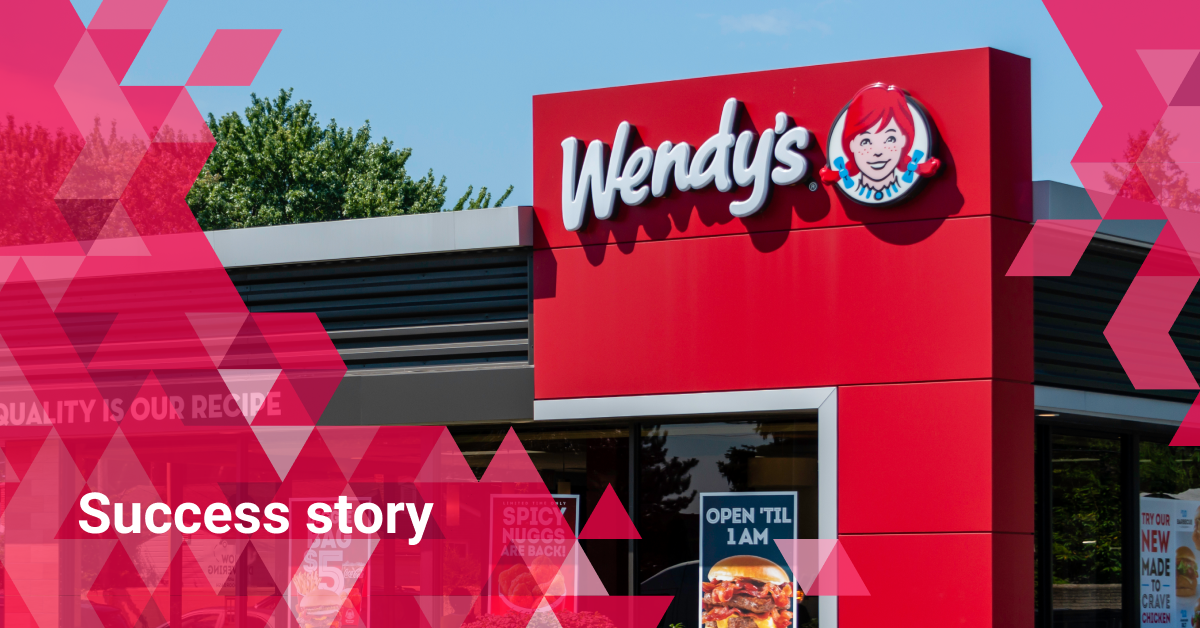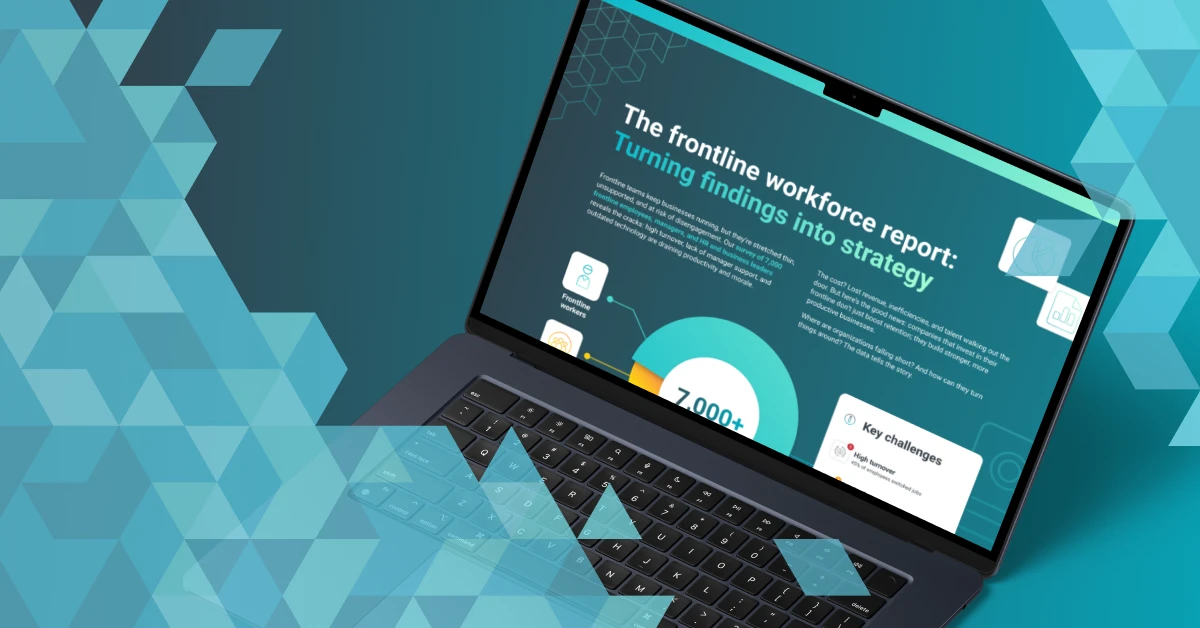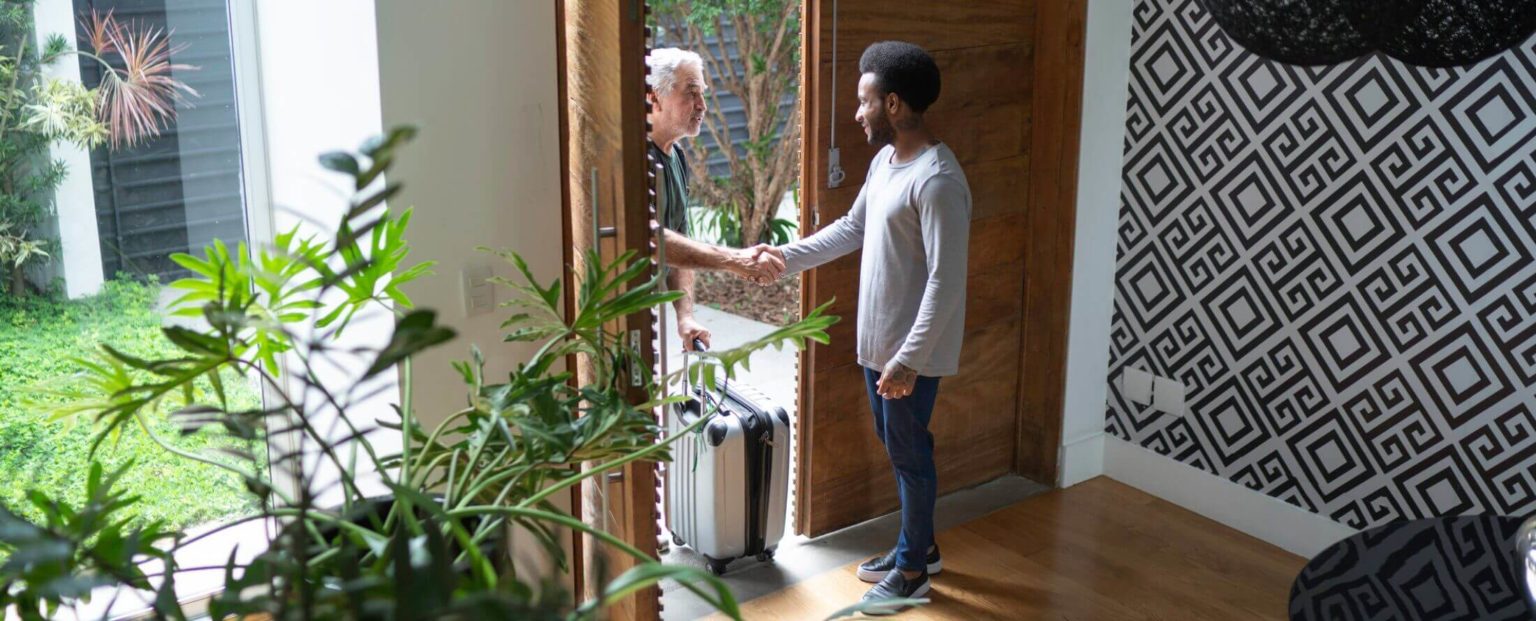These days it’s common to see consumers ordering meals or car rides via their smartphones, booking hotel or flight reservations with a few taps, and order products with two-day delivery. But with the emergence of crowdsourcing companies and platforms that let everyone open up shop, the impact on every industry can’t be ignored.
Competitive prices, authentic experiences, and perks unique to every host give hotels a run for their money. With the rise in mobile apps and popularity of the sharing economy, is there still a place for hotels in the hospitality market?
What is the Sharing Economy?
The sharing economy is a collaborative approach to acquiring goods and services, and in today’s world, it’s a huge part of the overall economy. The premise is simple: technology companies provide the interface between providers and consumers, connecting those in need with those who have extra.
An Independent Workers’ Market
According to Forbes, the sharing or “collaborative” economy means that people can turn to one another for goods and services, rather than large companies. Non-desktop workers, for example, for-hire drivers, rental property hosts, and freelancers across a variety of industries make an income based on a side-gig mentality.
While the majority of consumers have purchased an item or service through the sharing economy, only a small percentage of the population offers those services and goods. That means the potential threat to larger corporations comes from a relatively small segment of the population.
Sharing Economy by the Numbers
Businesses like ride-sharing companies and online retail platforms continue to see growth as people become more tech-oriented and look to peers rather than large corporations to fill their needs. As a result, Uber doubles its revenue every six months, while Airbnb exceeded one million rooms years ago.
The sharing economy segment of the market surpassed $250 billion in 2017, with leaders like Amazon and eBay leading the way. But will the success of companies in the sharing economy cause problems for the hospitality industry, where big names depend on dominating the market to achieve and maintain growth?
Hospitality on a Smaller Scale
Organizations like Airbnb, Expedia, and others are seeping into the hospitality arena and seeing enormous success. Because many companies have lower overhead costs than global and chain hotels, you might expect the sharing economy to overrun the name-brand vacation stay market. But that isn’t the case, said the President and CEO of Hilton Worldwide.
In an interview with PwC, Christopher Nassetta said that the sharing economy is impacting his business, but that it’s also “democratizing” travel. He sees that as a benefit because the model makes travel more accessible to a variety of demographics.
At the same time, reputable hoteliers offer a consistent customer service and vacation experience that local Airbnb hosts can’t compete against. Credibility is significant in the hospitality industry, according to PwC’s survey, and the human element is crucial in customizing consumers’ experiences.
Customer Care Priorities
Because the hotel industry is so consumer-focused, ensuring optimal client experiences holds the key to the industry’s future. Adapting to consumer expectations and investing in each interaction means hiring exceptional staff and providing them with the tools to succeed.
Non-desk workers in the hospitality industry rely on effective peer to peer communication and quick thinking to guarantee the consistency of customer interactions, making the difference between a tolerable visit and an enchanting stay. At the same time, collaboration among team members drives consistent results across all segments of hospitality.
A Tech Approach to Hospitality
Just as technology drives consumer behavior, it also supports workers’ needs. While the sharing economy and its dependence on technology continues to earn its piece of the pie, the hotel industry can remain competitive by adopting that technology.
Offering additional perks such as concierge services, local area guides, and online and app functions alongside regular amenities are just a few ways to add to the hotel experience. Connecting consumers with needed resources is a simple way to promote brand credibility.
Allowing employees to communicate and contribute to collaborative projects via an employee portal encourages productivity and reduces miscommunication that stems from managing multiple communication channels.
Adapting to Change
While it’s not advisable for bigger companies in the hotel industry to sit back and watch crowdsource platforms take over the realm of hospitality, at least for now, there seems to be enough demand to keep business going. However, times are changing, and adapting to those changes means more opportunity for business expansion.
Because of their penchant for earning top marks for reputation, amenities, and quality service, Les Roches suggests that brand-name hotels could lend their accreditation to privately listed rentals on new sites. Hotels can recommend local services, apps, and websites to stimulate the local economy or expand their reputable brand names into offshoots like BMW’s JustPark or Avis’ acquisition of ZipCar.
For startups in business enterprises that depend on crowdsourcing, success seems to have come easy. While hotel industry insiders might see those ventures as competition, technology continues to inspire advances in how consumers source, access, and pay for goods and services, so hotel companies must look forward, too.
A Global Crisis Is Correcting the Balance
As the coronavirus rapidly spread around the world at the beginning of 2020, the sharing economy, hotel industry, and overall travel industry hit a near standstill. For the sharing economy, COVID-19 has been nothing short of a disaster.
Relying on person-to-person exchange of goods and services has not meshed with social distancing measures in effect in countries worldwide. As people sheltered in place they weren’t calling gig economy workers for rides and canceled home-based vacation rentals and getaways.
Airbnb is the name most synonymous with the sharing economy. But when the pandemic hit, things quickly changed. Despite its continued meteoric rise, Airbnb immediately felt the financial repercussions of COVID-19.
The company’s CEO Brian Chesky sent a public memo stating, “Airbnb’s business has been hit hard, with revenue this year forecasted to be less than half of what we earned in 2019.” The company laid off 25% of its staff.
For hotels, it’s a bit of a different story. While many feel are also feeling the sting of a sharp decline in reservations, hotels have a major advantage of sharing economy accommodations that give guests more peace of mind: greater control over their properties.
- Hotels are able to streamline procedures at properties across their portfolio for a reliable experience.
- Hotels already have a more flexible cancellation policy so guests have been able to cancel reservations without losing a cent. Many guests at private homes booked online through the sharing economy are having to battle to get refunded even a portion of their fees.
- From hand sanitizing stations at elevators to more frequent cleanings to specialty cleaning products that kill viruses, hotels are able to quickly change procedures for their entire portfolio. A company like Airbnb has enacted new cleaning protocols, but they’re impossible to enforce.
As the world begins to open up again bit by bit, people are more cautious of shared spaces. In one survey, 28% of males and 23% of females said they’d most likely use the sharing economy less than before COVID-19.
Discover why hotel employees love using Beekeeper

About the author
Beekeeper
We make frontline lives easier, work safer, and teams more connected so businesses can reach new heights. At Beekeeper, we’re dedicated to making frontline lives easier by connecting workers with the tools, support, and information they need to feel valued, do their best work, and drive the business forward.








